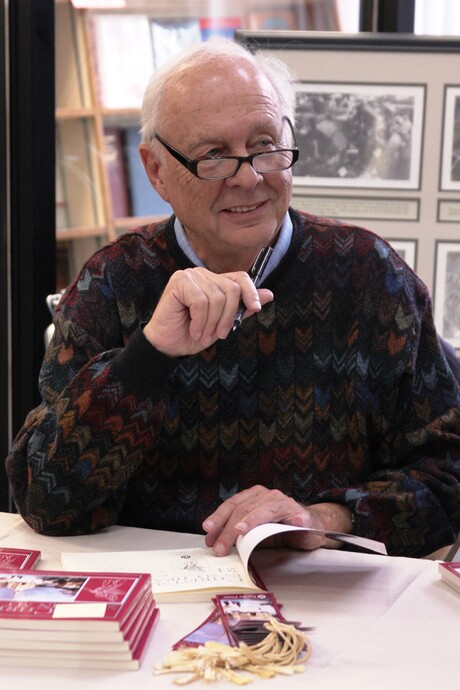Adventists in Iraq continue to carry out the church's mission despite growing concerns about a war against their country, according to Michael Porter, Middle East Union Mission president. They are continuing with plans that will nearly double the size of the current church building in Baghdad by adding new rooms for Sabbath school functions and a fellowship hall.
“Right now our church members are doing their best to carry on and to continue with their worship,” Porter said in a recent interview with Adventist NewsLine. The leadership of the church in Iraq is planning for the future, undeterred by rhetoric of war, and “our believers in Iraq will be praying that somehow God can intervene so that lives will not be lost,” Porter said.
Organized in 1923, the Adventist Church in Iraq is one of 13 churches recognized by the government. There are three congregations in the country, including one in the city of Nineveh—famed for its visit by the reluctant prophet, Jonah. Every Sabbath nearly 200 members gather to worship at the Baghdad Church—the largest and regarded as one of the most architecturally striking churches in all of Iraq, according to Porter.
The Baghdad congregation recently concluded a week of spiritual emphasis, which featured Amir Ghali, Middle East Union youth director. Church members continue to prepare for Vacation Bible School, which is attended by more than 100 participants. Iraqi church officials say that it is through outreach programs such as these that the church has grown by 45 members in the last five years.
“Our Iraqi church members express their concern that the people of the country were the ones to suffer from the war 10 years ago and will suffer again if there is another one,” said Porter.
The church in the Middle East Union is preparing contingency plans should war occur, according to Porter. The plans include preparations to evacuate church personnel and to provide humanitarian aid to the victims. A regional office is being considered in one of the neighboring countries to facilitate distribution of food, tents, and other supplies to refugees. “They’re digging wells in their yards so that they’ll have a water supply,” he stated. “They’re preparing for a difficult time without water, without electricity.”
“In a world filled with hate and struggle, a world of ideological strife and of military conflicts, Adventists desire to be known as peacemakers and work for worldwide justice and peace under Christ as the head of a new humanity,” concluded Wollan. •








